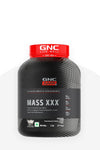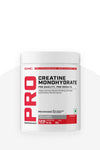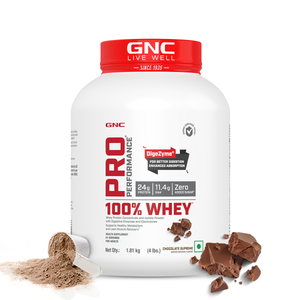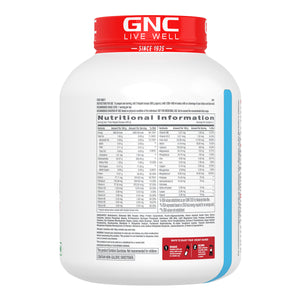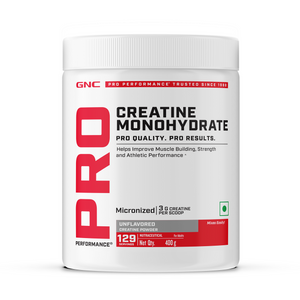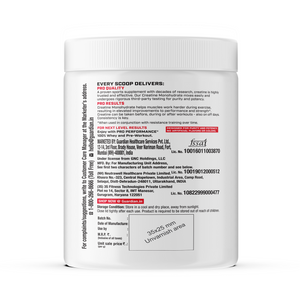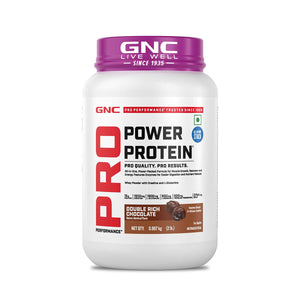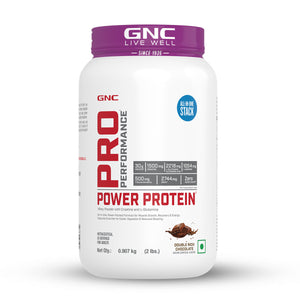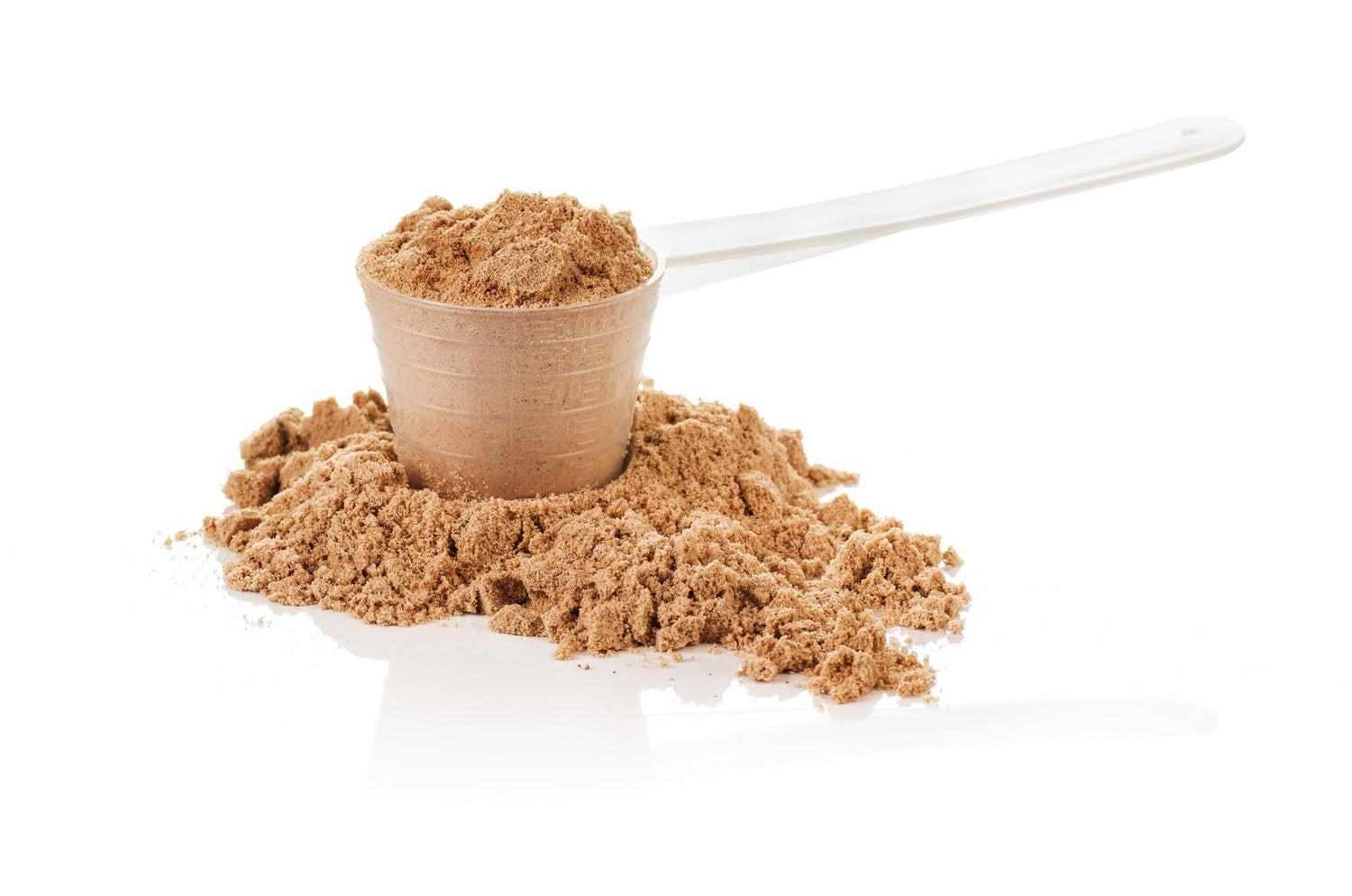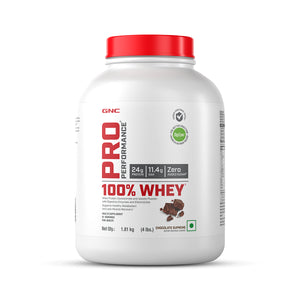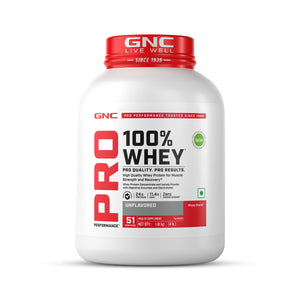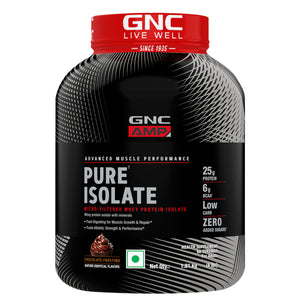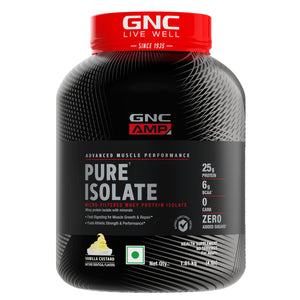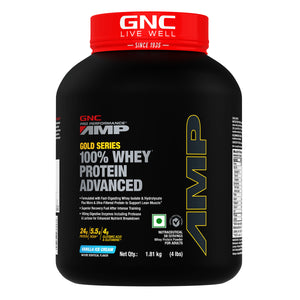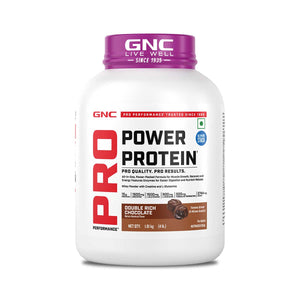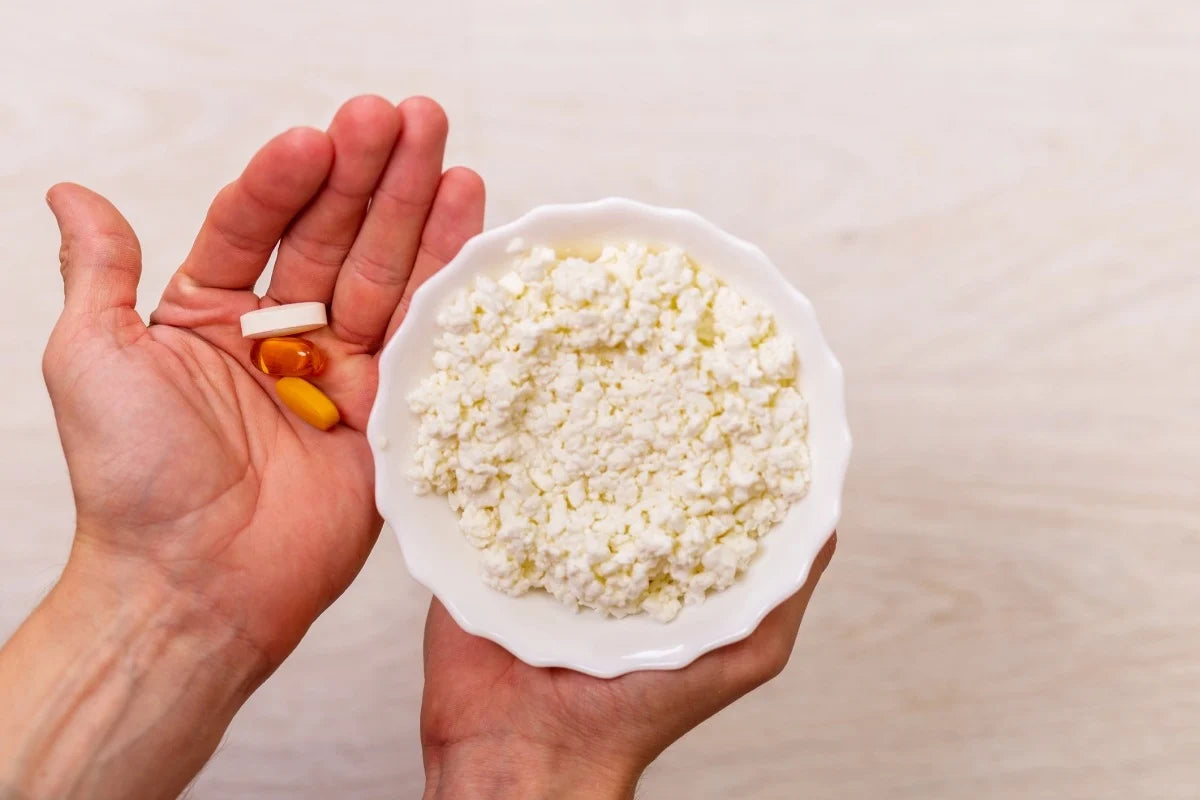We all know how important protein is for our body. But do you know what role does it play in strengthening our immune system?
Here’s Dr. Rita Patil bringing you all the crucial information about the significance of protein and what are the benefits of whey protein!
Can’t watch Dr. Rita Patil’s whole video on "Whey Protein and Immunity" Read the full detailed blog instead.
In the current times of COVID19, the most important concern is immunity. Several foods are concerned with improving and sustaining immunity. Whey protein is one such important constituent that builds immunity; gives your body the strength to fight infection. Proteins are known to build and repair body tissues as well as fight viral and bacterial infections. Our immune system which included antibodies relies on protein. Too little protein in the diet causes weakness, fatigue, and poor immunity. Scientific evidence supports the role of whey protein in maintaining a healthy immune system.
Whey protein is considered to exert antioxidant activity due to its rich amino acid profile. Cysteine and Methionine are two main amino acids who are mainly responsible for immune function through intracellular conversion to glutathione (GSH)
Glutathione (GSH) is the foundation of a cell’s defense system as it regulates many aspects of immune function. It is the chief mechanism that protects body cells and tissues against UV exposure, toxins, pollution and free radical harm. Three amino acids are needed for the synthesis of glutathione. They are cysteine, glutamate and glycine. An adequate supply of cysteine is crucial for synthesizing and maintaining a high amount of GSH in the cells and safeguarding against oxidative stress.
Whey proteins are a rich source of cysteine. They contain cysteine 4 times more than other good quality proteins. Whey protein also boosts glutathione (GSH) in various tissues and thus helps to improve or preserve the glutathione store. In conditions of cancer, chronic fatigue syndrome, and many other immune-compromising conditions, the levels of GSH may decrease. Aging and in age-related disorders such as Parkinson’s disease, Alzheimer’s disease etc also show low levels of GSH. Whey protein used in such conditions protects the immune system by preventing a decrease in GSH levels of the body. Thus, compared to other commercially available protein powders, whey protein supplements are important.
Whey proteins are soluble dairy proteins made up of several components such as alpha-lactalbumin, beta-lactoglobulin, lactoferrin, immunoglobulins, and other factors. Each of which has an important function in enhancing the immune system.
- Lactoferrin which has an antimicrobial and antitoxin immune-modulating activity. Thus it protects hepatitis, influenza, etc.
- Immunoglobulin is responsible for passive immunity particularly for babies and for adults it helps to increase the activity of the immune system.
- Branched Chain Amino Acids (BCAA) help muscles to increase glutamine levels when they are metabolized.
- Cysteine, the main constituent of whey protein, primarily involved in the production of glutathione.
Whey protein components are associated with many bioactive functions. They have prebiotic effects, promote tissue repair, preserve intestinal integrity, reduce pathogens, and remove toxins from the body. Whey proteins are protective against the development of gastrointestinal cancers. They defend a body against tumor development. All dietary proteins protect against cancer development. Whey proteins have a significant role in cancer prevention.
The prevalence of obesity and type 2 diabetes mellitus has rapidly increased in India. These lifestyle disorders have severe consequences and high costs of treatment. Whey protein has been suggested in the prevention and treatment of obesity and diabetes. As whey protein helps in maintaining muscle mass; it increases the release of hormones such as cholecystokinin, leptin, and glucagon like-peptide 1. At the same time, it decreases the hormone ghrelin. It also prevents weight gain and rise in serum glucose thus helping obese and diabetic individuals. The use of whey proteins can reduce oxidative stress, inflammation, blood pressure, and cardiovascular risks.
An inadequate protein intake (lower than the recommendations) may dispose of a person towards low immunity. Scientific evidence supports higher protein intakes to increase immunity. A higher protein intake seems to boost health by helping to decrease lipid levels, improve glucose metabolism, and promote weight loss. Also, the type of protein to choose is the one that offers benefits to the immune system; therefore whey protein is suggested for increasing glutathione concentrations. These proteins are quickly absorbed in the body and supply all of the essential amino acids.
With its excellent amino acid content, absorption kinetics, and function of enhancing immunity, whey protein is a highly nutritious dietary element that may help all in different age groups and even morbidity.



